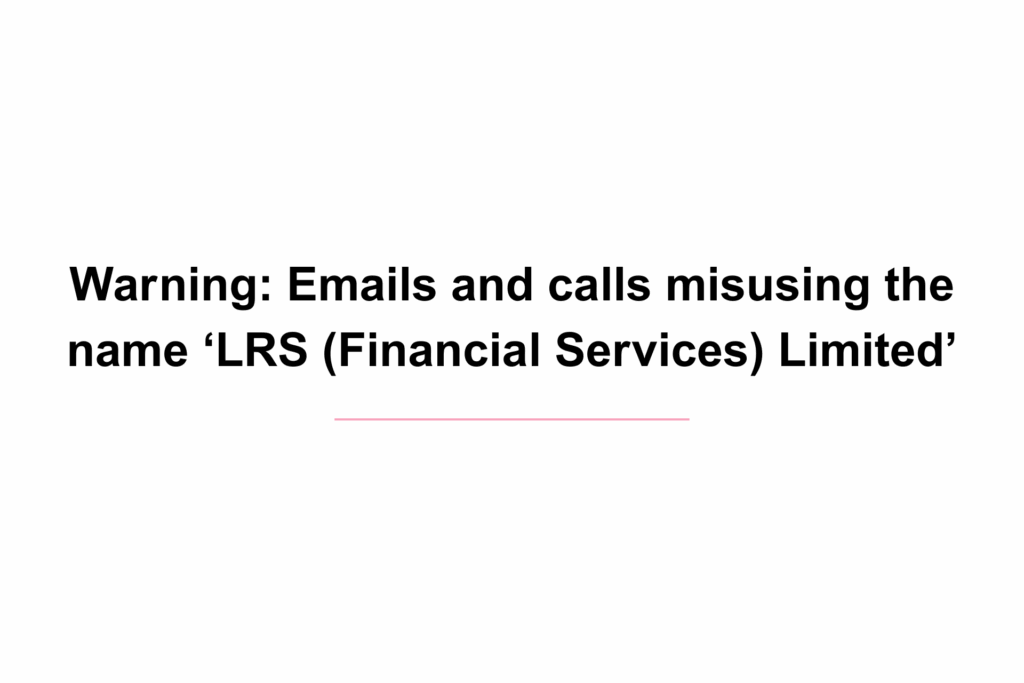Ellie Crofts, senior associate in our Property Disputes team, looks at the upcoming changes to the MEES Regulations.
The changes to the MEES Regulations will come into force on 1 April 2023 affecting commercial and residential landlords alike.
Having been in force since 2018, the Minimum Energy Efficiency Standard Regulations are designed to improve the energy efficiency of buildings in the commercial and residential private rented sector in England and Wales.
To comply with these regulations, landlords may have to carry out improvement works. For instance, this could be replacing insulation or defective equipment like boilers or air conditioning for more energy efficient alternatives.
The regulations state that it is unlawful for a landlord to let privately rented domestic and commercial properties without a valid Energy Performance Certificate (EPC) with a rating no lower than E. The current rules capture all new lettings after the implementation of the regulations in 2018.
What are the imminent MEES Regulations changes?
From 1 April 2023, it will be unlawful for landlords to continue to let non-compliant commercial buildings. In other words, the regulations now require all tenanted commercial premises to hold a valid EPC rated E or above regardless of when the lease was granted.
A non-compliant property will not render the lease invalid; however, any landlords found to be in breach of the regulations will be liable to a fine of up to £150,000.
Further changes on the horizon
There are further additional changes on the way that are also of note. The Department for Business, Energy & Industrial Strategy published an open consultation in March 2021 on changes to the regulations in the commercial sector, which proposes lifting the minimum energy efficiency standard to a C rating by 2027 and a B rating by 2030.
The government is proposing two “compliance windows” to manage a phased implementation of these proposed new rules.
The first window is from 2025 to 2027. As from 1 April 2025, all commercial rented buildings within the scope of the regulations must hold a valid EPC, which the government proposes should be submitted to a compliance database – though this is yet to be set up. By 1 April 2027, the minimum required rating will increase to a C rating and landlords will be required to provide evidence of the improvements made and the improved rating, or a valid exemption.
The second compliance window will be from 2028 to 2030. By 1 April 2030, the minimum rating will be a B rating and again, landlords would have to provide an updated EPC certificate or a register a valid exemption.
What are the valid exemptions?
The regulations set out several exemptions, which – in order to be relied upon – must be registered with the Private Renter Section (PRS) Exemptions Register alongside sufficient evidence to prove the exemption.
Regulation 29
Regulation 29 provides an exemption where a landlord of a sub-standard commercial property has made all the “relevant energy efficiency improvements” it can, but the minimum standard still cannot be reached.
Relevant energy efficiency improvements are those which are cost-effective (i.e. where the landlord could recoup the capital cost of the improvements through energy savings within seven years) and those which will not damage the structure of the building, in the view of an independent expert.
Regulation 31
Regulation 31 applies where the landlord is unable, despite reasonable efforts, to obtain the consent of the tenant to access the building or obtain planning consent to make the requirement improvements. The landlord must provide evidence of its efforts to obtain consent in order to rely on this exemption.
Regulation 32
Regulation 32 applies where the value of the building would reduce by more than 5% of the market value were the improvements to be carried out. This assessment of devaluation must be made by an independent surveyor whose report must be provided.
Regulation 33
Regulation 33 relates to tenancies that are granted in “exceptional circumstances”, such as renewal leases under the Landlord and Tenant Act 1954 (where the landlord is required to grant a new lease) or where the tenant exercises an option to renew. In these cases, landlords have six months from the date of the new lease to comply with the regulations.
Similarly, where a landlord purchases a freehold interest which is subject to a commercial lease, it will have six months to comply with the regulations from the date of purchase.
How can we help?
Landlords need to be alert to the regulations and ensure they are compliant as non-compliance can be very costly indeed. Given the significant increase in energy costs over the last few months, it is in everyone’s interest to ensure buildings are as energy efficient as possible.
Lodders’ expert Property Dispute Resolution and Real Estate teams are always on hand to assist with any issues you may have about the upcoming MEES Regulations changes.
If you enjoyed reading this article, you might find our forthcoming Landlord & Tenant seminar interesting. Find out more here.
Contact usCONTACT US
Need more advice?
Ellie is a senior associate and specialises in property-related disputes. She deals with matters relating to rights of way, eviction of squatters and travellers, easements, beneficial interest claims, forfeiture, restrictive covenants and adverse possession.

Read more
Other news, insights and events







